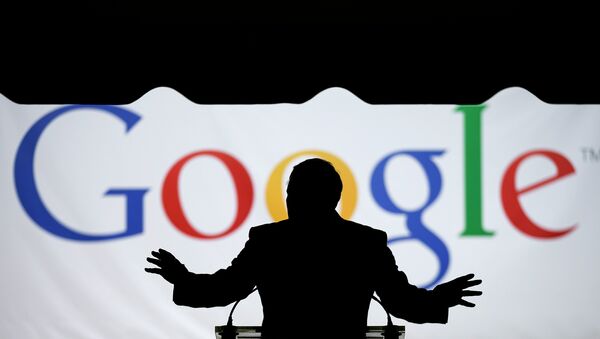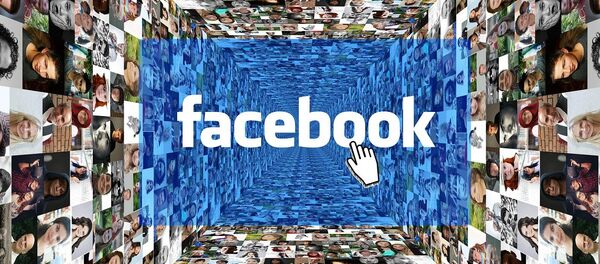Dr Paul Bernal's research titled 'A right to be remembered? Or the Internet, warts and all,' suggests recent court cases involving Google and Facebook reveal a willingness in people to take on Internet giants over access to their personal data.
Google recently lost its battle to stop three British consumers suing the company for collecting their personal data without their knowledge and consent using cookies to target them with personalized adverts.
Following the judgement, Jonathan Hawker from Google Action Group, a not-for-profit company set up to manage breach of privacy claims against the Internet giant said: "We urge all Safari users to join us in this battle to hold Google to account for its actions in the only way it understands."
"Privacy is a zero sum game — we're just transferring it from you to me." via @TomDispatch #EUDataP #TISA pic.twitter.com/CvLzO7wbck
— Mats Kommonen (@MKommonen) June 4, 2015
Privacy campaigner Maximilian Schrems and 25,000 social networkers are suing Facebook for tracking their data and have filed a suit in a court in Vienna for alleged privacy breaches and various rights violations.
These include the alleged illegal tracking of their data under European Union law — and Facebook's involvement in the PRISM surveillance program under which the US National Security Agency (NSA) collected data, and which was later revealed by former NSA contractor Edward Snowden.
On one hand, Google is seen as a champion of freedom of expression, while on the other it is seen as an "evil mega-corporation driven only by profit or trying to control the world, and indeed us", Dr Bernal suggests. He believes consumers should ask: "A great deal of the Internet" however, "much of what we ask for is contradictory."
"We expect it to provide imaginative, innovative and engaging products and services — and we expect it to do so for nothing and without invading our privacy or gathering our data."
"Google itself is a paradox: at times we treat it as a philanthropic indexer of the Internet and champion of freedom of expression, at other times as an evil mega-corporation driven only by profit or trying to control the world and indeed us," says Dr Paul Bernal from the University of East Anglia.
Google shows what it knows about us in new privacy hub http://t.co/lenv6e2q53 pic.twitter.com/PLSKy4colx
— The Verge (@verge) June 1, 2015
Dr Paul Bernal's paper — 'A right to be remembered? Or the Internet, warts and all' — is being presented at the Privacy Law Scholars' Conference, at the University of California.
The European Commission recently warned European Union citizens that if they want to keep their personal information private — they should shut down their Facebook accounts, as current EU legislation does not protect citizen's data.
But it's still unclear as to who benefits more from either access to personal data or access to the Internet. However, according to Bernal the power shift from Internet giants to consumers is "critically overdue," says Bernal.





